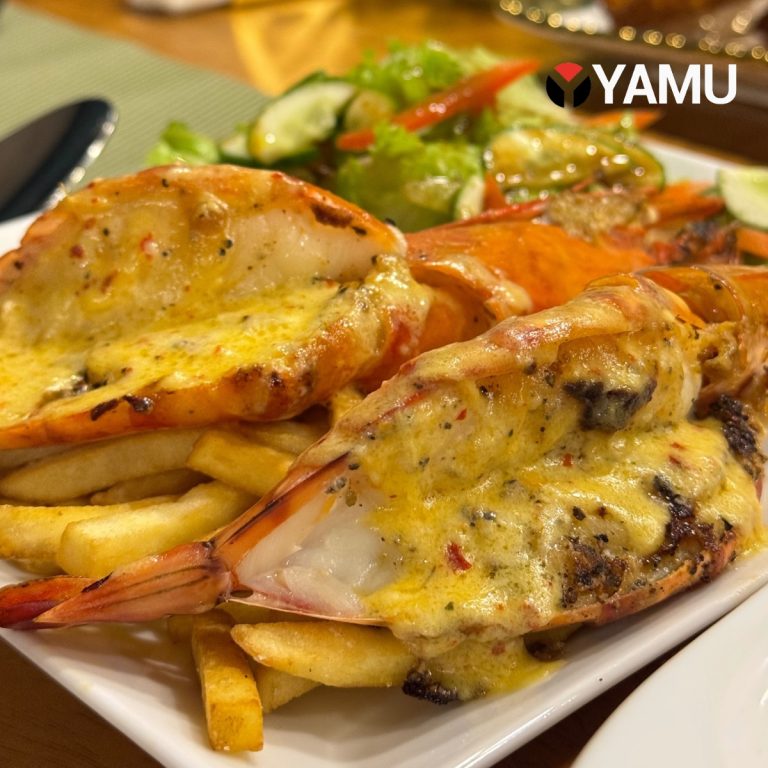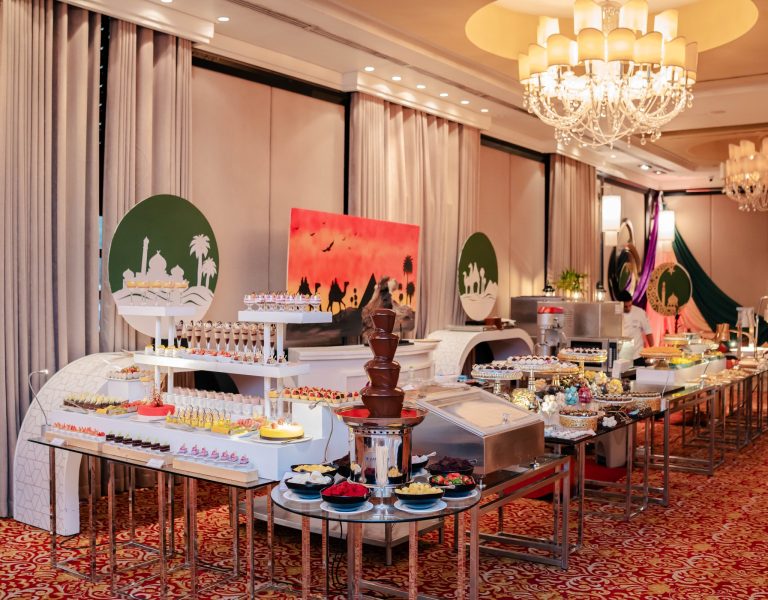*This post is brought to you by De Vos Cafe.
Before I start, I must confess that I'm an avid tea-drinker. Severely lacking in the qualifications that our in-house coffee connoisseur Malinthe possesses, this seemed like a moot venture. But I must admit, once I embarked on this journey I've learned so much about this concoction and its origins. Who knew coffee was such a big deal?
Probably the only good thing about waking up, coffee is a vital part of what makes the world run. Functioning as a power elixir- this highly desired, highly potent liquid is what people around the globe consume to get the gears oiled and running. But where did it all start?
In the wake of International Coffee Day this October 1st, we take a look at the origins of the little seed that grew into one of the most robust, undisputed trading empires in the world.
Magic Beans and Dancing Goats
The origins of coffee being consumed stem from various sources dating back to ancient Ethiopia. Coffee also plays a huge role in a multitude of mythological counts in different cultures across the globe.
Legend has it that an Ethiopian Sufi goatheard named Kaldi (or Khalid) first noticed his goats chewing on red berries which gave them sudden bursts of energy. The dude gets a bit excited himself and then decides to show these berries to a Sufi monk. As per the nature of most Sufi monks, the annoyed ascetic decides to fling this devil's fruit into his fireplace. Amidst the flames billowed an enticing aroma and so the priest decided to sweep up the charred remains and add it to water; thus creating the world's very first cup of coffee.
This legend is so popular, that Ethiopia's most popular coffee franchise is called Kaldi's. Go figure.
Moroccan lore dictates that Sheik Abu al-Hasan al-Shadili observed birds with strange vitality consuming berries that he took home. His people blessed him with sainthood because of this discovery. Imagine that.
But these are just legends. There are so many other sagas scattered around different parts of the world, each claiming to have the winning story. Nobody knows for sure.
Simple Origins
Image courtesy: http://coffeeattendant.com/the-history-of-coffee/
Despite calling it a 'forbidden stimulant' and going so far as to issue bans on enjoying coffee, it was actually the Islamic Sufis who loved it the most, eventually. From Ethiopia, the bean found itself in Yemen, and then mediterranean soil before causing a boom in the Middle East. The Ottomans quickly caught on and to date, opinion states that the best coffee in the world is served in Turkey.
Coffee Takes Ceylon
Known for capitalising on all the good things nature has to offer like spices and slaves, the Dutch East India Company decided to go and turn coffee into a business opportunity in 1740.
After cultivating the wild coffee plants (introduced to the island by Muslim pilgrims via Yemen) and almost establishing a Dutch-run enterprise, the pseudo-superlative Scandinavians decided to bail when the Brits stole the spotlight.
Ceylon coffee production, late 1800s. Image sourced from Lankapura.com
Labourers (slaves) were brought in from South India and parts of Ceylon under false pretenses to work the fields. Land obtained from Kandyan royalty was utilised here and The Bank of Ceylon helped further this. Crazy, I know.
After the worldwide economic decline in 1846, rebellions and mutinies played a huge role in returning to the locals what was already theirs. By 1860, Ceylon was on the map for being one of the biggest coffee-contributers on the planet.
The Case of 'Devastating Emily'
Sri Lanka's coffee dynasty was at its peak when suddenly, some strange sporadic mycelium called hemileia vastatrix (coffee leaf rust) infected all the crops causing a massive decline in 1869. The disease was nicknamed Devastating Emily, and thanks to Emily and her devastating debauchery, tea was planted.
The Daily Grind
After that awful epidemic, coffee was still harvested- they made sure to be extra careful this time and today, more than 2.25 billion cups are consumed around the world. On a daily basis. That's batshit.
Speaking of fecal matter, the most expensive coffee in the world is extracted from the Sumatran Civet and is sold at nearly $600 per pound. The animal is fed coffee beans which ferment in its digestive system, and once extracted and processed; the end result is a rich, chocolatey beverage.
Every day, hundreds of coffee shops and coffee-based food/drinks pop up around the world. It's almost scary how this little gem of a seed is now firmly rooted in the mechanisms that make the world go round.
Kopi tikak bomu da?
My family is comprised of a range of coffee and tea drinkers. Mostly tea. While going through the copious amounts of Wikipedia articles to compose this post didn't quite convince me to convert into a caffeine cad; I totally understand the love for it.
An inebriating potpourri of energy, taste and overall olfactory orgasm- coffee is the king of energy drinks and is perhaps the greatest gift nature bestowed on man.











